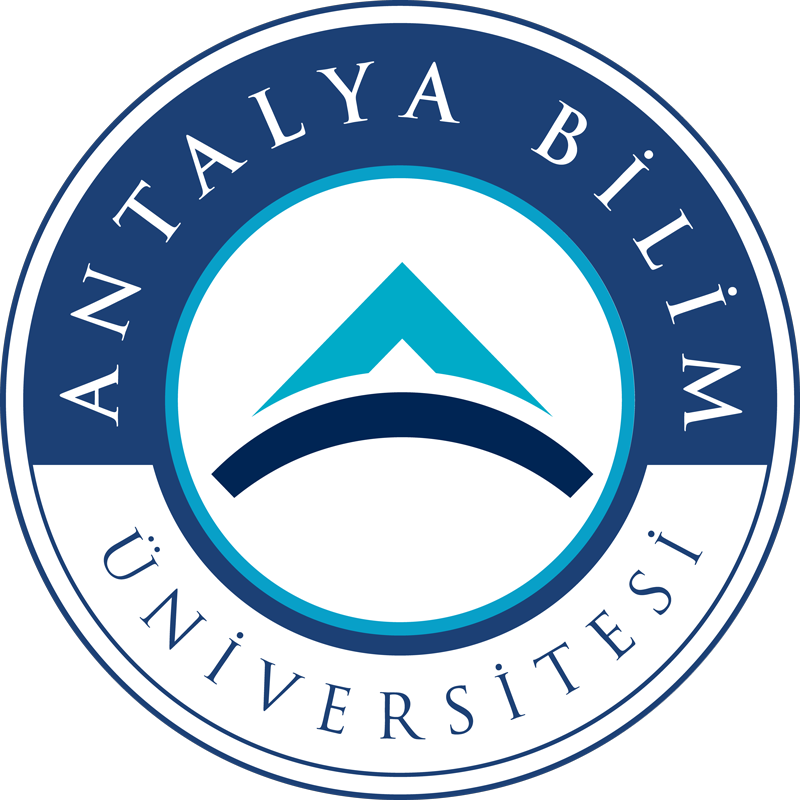Akdeniz ve Güneydoğu Avrupa Ülkeleri Ç.U.A.M.
Turizm Çalışmaları Uygulama ve Araştırma Merkezi
Karşılaştırmalı Hukuk Uygulama ve Araştırma Merkezi
Ağız ve Diş Sağlığı Uygulama ve Araştırma Merkezi
Psikolojik Danışma ve Rehberlik Uygulama ve Araştırma Merkezi

.jpg)
.jpg)
.jpg)
.jpg)
.jpg)
.jpg)
.jpeg)
.jpg)
.jpg)
.jpg)
.jpg)
.jpg)